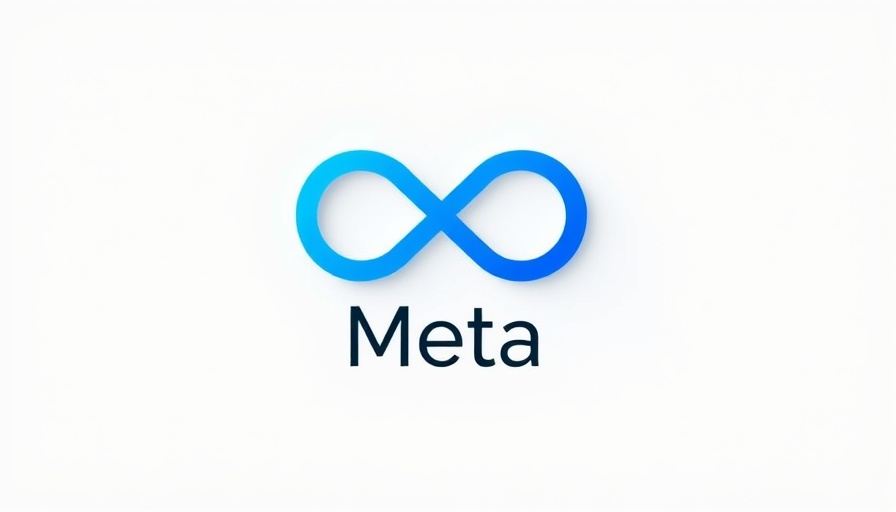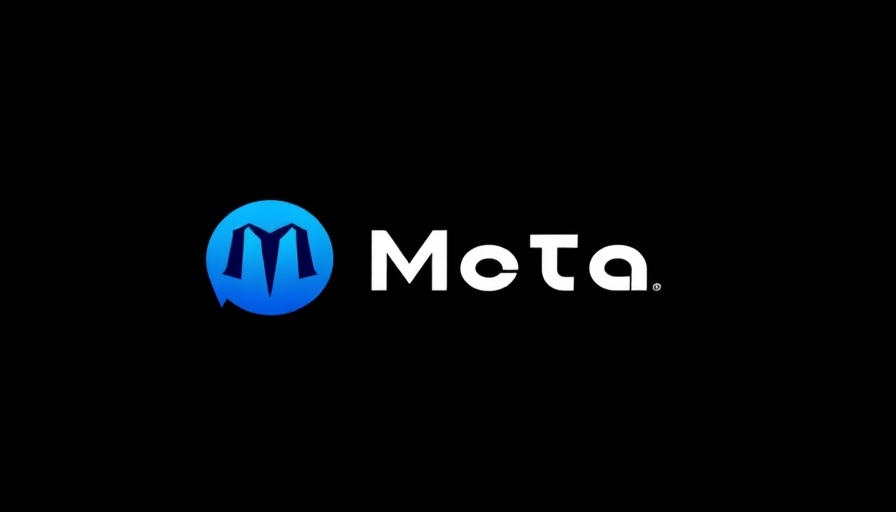
Understanding Meta's Incremental Attribution Tracking
As the world of advertising pivots rapidly towards data-driven strategies, Meta has unveiled significant updates to its attribution tracking systems. If you've been knee-deep in Meta advertising lately, you might already have an inkling of these changes. If not, it’s time to rejoice—Meta’s incremental attribution tracking might just transform how you assess your ad performance.
What’s New in Attribution Tracking?
Meta’s incremental attribution setting, first announced last August, is all about enhancing how advertisers can measure conversions originating from their ads. But what does this really mean in the grand scheme of things? In a nutshell, it’s a massive leap from traditional, rules-based attribution metrics that barely scratched the surface in truly reflecting ad effectiveness.
Instead of merely noting whether a user who viewed your ad made a purchase within a predetermined timeframe, the incremental attribution approach digs deeper. It utilizes advanced AI algorithms to identify incremental conversions—those that would not have occurred without your specific ad influence. This is what differentiates it from the standard attribution model?
Transitioning from Standard to Incremental Attribution
Previously, Meta’s standard attribution model provided a window of 1 to 7 days to track conversions after ad exposure. This loose measure connected the dots between ad impressions and actual consumer purchases, but it wasn’t particularly precise. Now, Meta has redefined these boundaries. Incremental attribution looks at user engagement patterns and predicts with greater accuracy whether a conversion is directly influenced by your advertising efforts.
In practice, this means that as an advertiser, you now have two choices in Meta Ads Manager: traditional standard attribution or the innovative incremental attribution. The latter not only assesses user behavior but also places heavy emphasis on the consumer journey, giving a clearer picture of ad effectiveness.
Why Should Advertisers Embrace Incremental Attribution?
The primary allure of incremental attribution lies in its enhanced ability to connect ad engagement to conversions. As marketers, knowing exactly how your ads are performing is crucial. Incremental attribution offers insights to refine your strategies effectively. As AI systems improve, embracing these updates will allow for better targeting and, ultimately, a better return on investment (ROI).
Moreover, understanding how ads contribute to incremental sales will enable marketers to allocate budgets more wisely, focusing on what truly drives results rather than just relying on surface-level metrics. In a market where every conversion needs to count, this discerning approach can be a game-changer.
The Future of Attribution Tracking: What’s Next?
So, what does the future hold? With the digital marketing landscape constantly evolving, we can anticipate further enhancements to Meta’s tracking capabilities. As consumer behavior continues to shift, and technology becomes increasingly sophisticated, advertisers must be prepared to adapt quickly.
Potential evolutions include even more nuanced tracking techniques, possibly integrating machine learning tools that can forecast engagement and conversion trends proactively. This forward-looking perspective principles a more precise, granular way to understand the impact of digital advertising, perhaps leading to a renaissance in how we approach marketing measurement.
Actionable Insights for Advertisers
To capitalize on these changes, advertisers should consider integrating the following practical steps into their strategies:
- Experiment with Attribution Models: Don’t settle on one model—test both standard and incremental to see which provides more actionable insights for your specific campaigns.
- Leverage the Insights: Use the data derived from incremental attribution to shift your ad spending towards what works; reallocate your budget based on performance rather than assumption.
- Review and Adapt: Keep an eye on Meta’s updates as its AI capabilities evolve. Regularly revisiting your attribution approach will ensure you stay ahead of trends.
Conclusion: Time to Make the Switch
To sum it up, Meta’s incremental attribution tracking gives advertisers an unparalleled approach to understanding how their ads contribute to conversions. By enabling a more sophisticated tracking system powered by AI, marketers can fine-tune their ad strategies to drive measurable outcomes. Constantly reevaluating tracking methods and utilizing the insights gained will not only optimize your ad spend but boost overall campaign effectiveness. So, what are you waiting for? Dive headfirst into this new world of attribution tracking and watch your ads shine!
 Add Row
Add Row  Add
Add 




Write A Comment